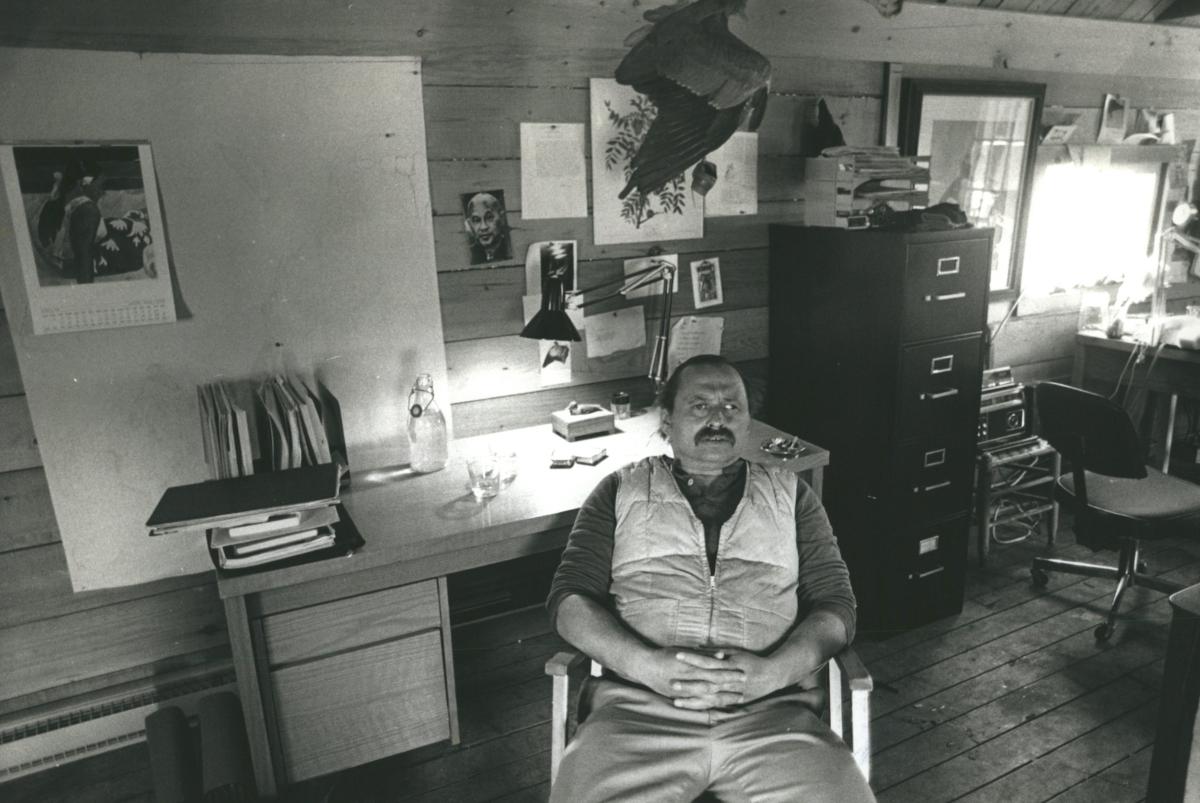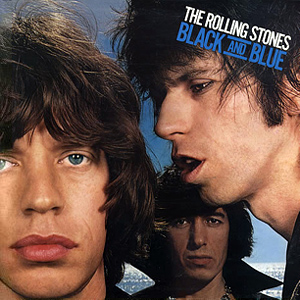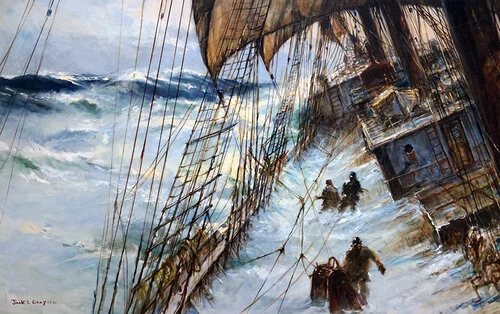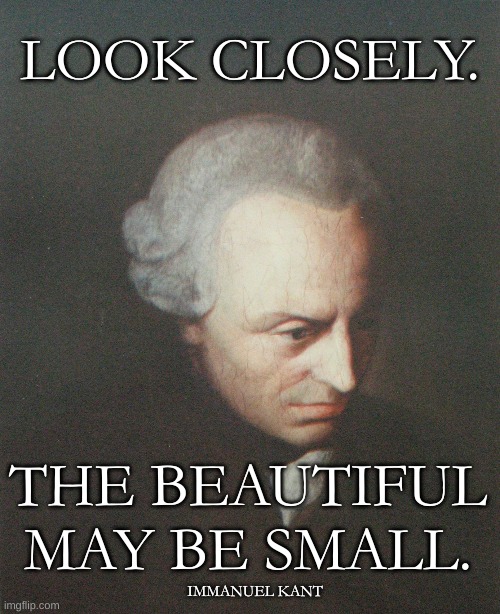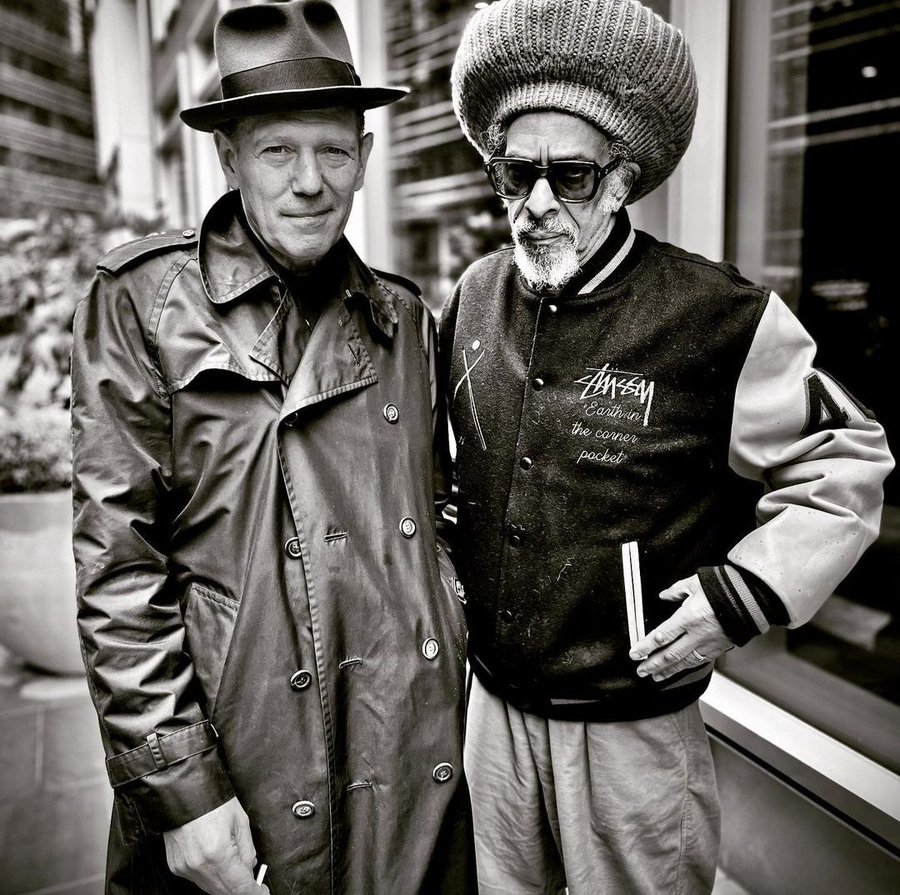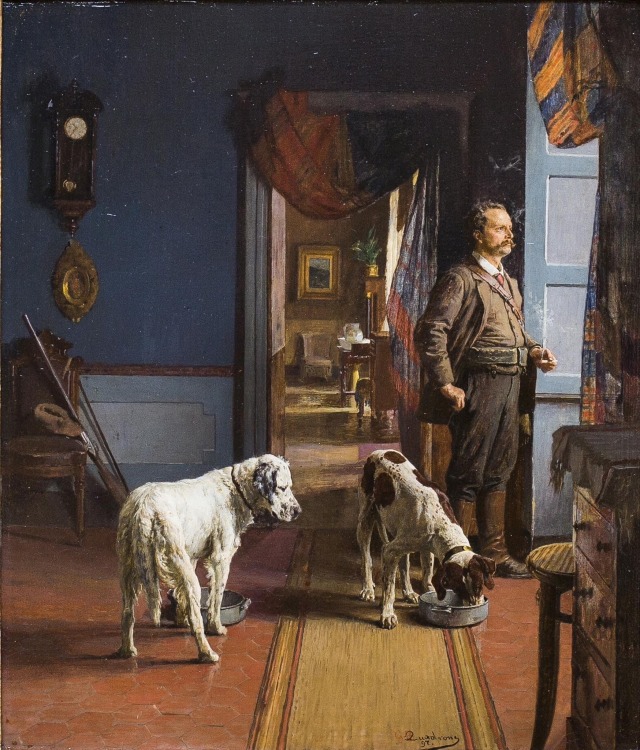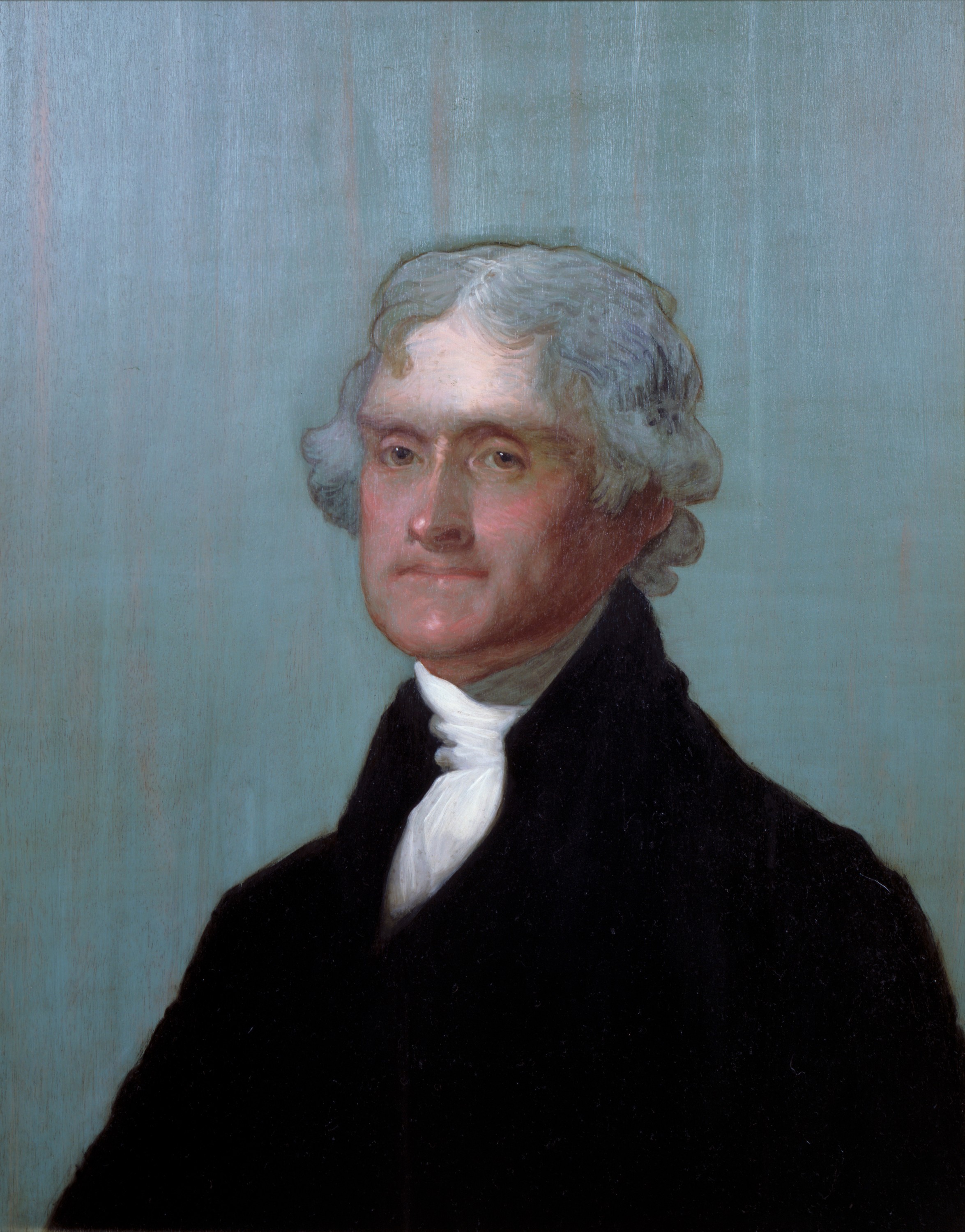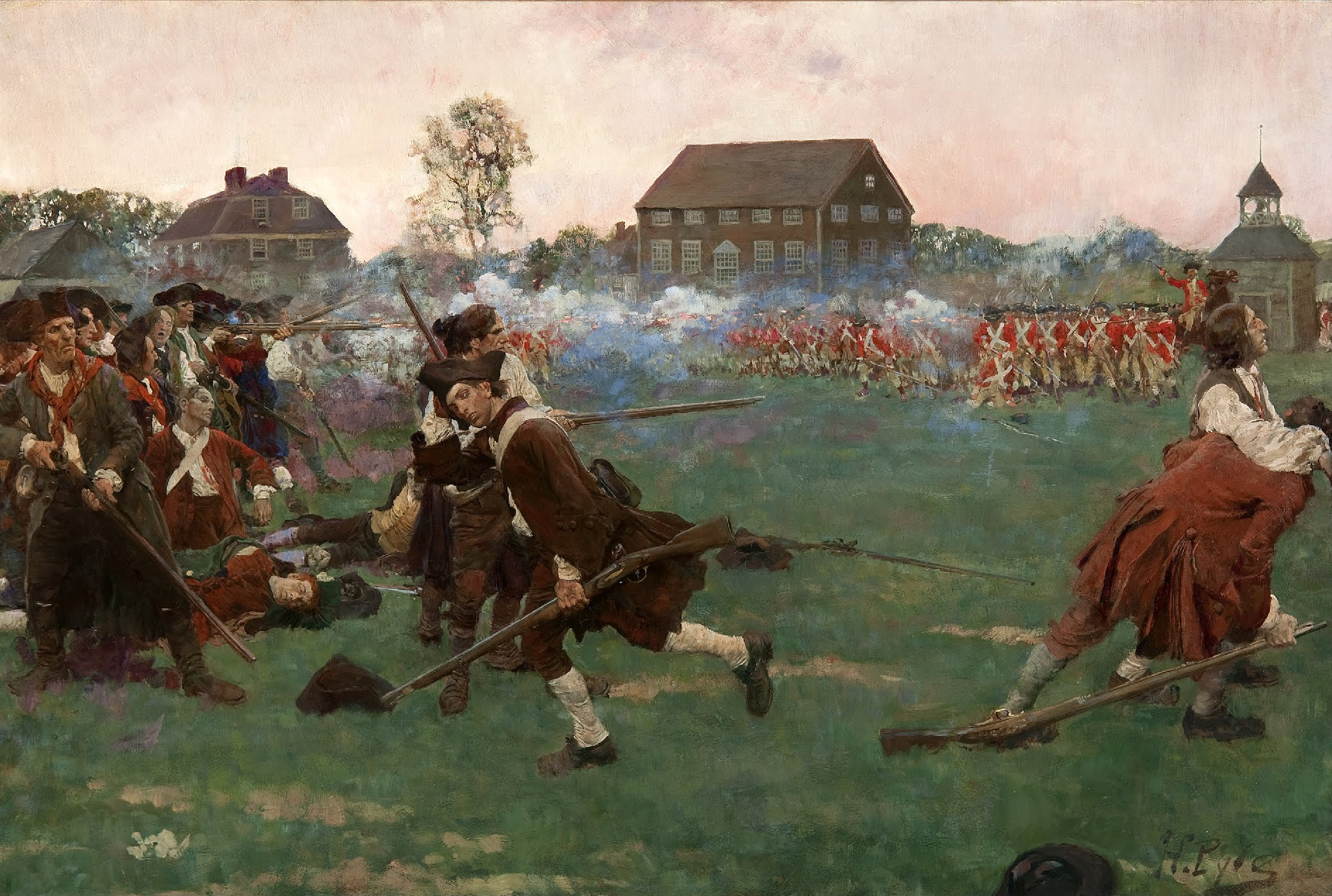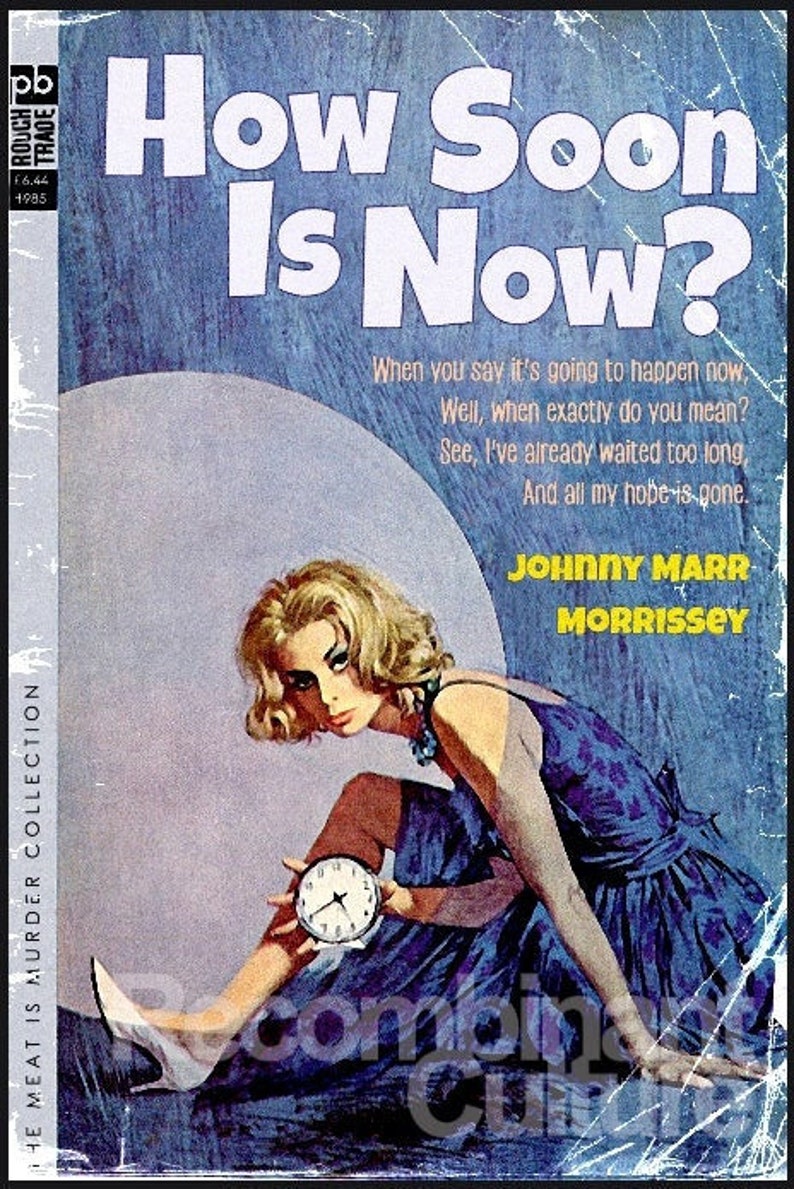30 April 2023
Ends.
Unknown, Winged Victory of Samothrace, 295 BC
No good work whatever can be perfect, and the demand for perfection is always a sign of a misunderstanding of the ends of art.
John Ruskin
Ever.
On this day in 1977, Led Zeppelin play to the largest audience ever for single-act rock show at the Silverdome in Pontiac, Michigan.
Revolution.
Ari Weinzweig on dignity ...
No Friend but the Mountains is an exploration of the best and worst of human behavior. Fear and fighting back, cruelty and kindness. Human frailty and fate. Existential exploration, agony, anger, and an attempt to understand. For me, it’s ultimately about a determination to seek dignity in the face of all odds. Tofighian calls No Friend but the Mountains “horrific surrealism.” Writer Richard Flanagan says the book “can rightly take its place on the shelf of world prison literature,” alongside prose like Dr. Martin Luther King Jr’s “Letter from Birmingham Jail,” Alexander Solzhenitsyn’s Gulag Archipelago, or Alexander Berkman’s Prison Memoirs of an Anarchist. I’ve come to believe Boochani’s book could be a 21st-century companion to Victor Frankl’s Man’s Search for Meaning—both men faced the worst of human horror, but found a way to fight back, not through violence, but through finding meaning and dignity. In November of 2019, Boochani was finally freed and allowed to travel to New Zealand where he was later awarded residency. After six years in a prison camp, freedom, he said, meant being able to walk down the street as he liked and listening to music.Grace Lee Boggs—who passed away at the age of 95 in 2015—asks, “What do we mean by revolution? … It is hard to struggle for something that you have not yet tried to define and name.” The idea of diligently making revolutions of dignity in our workplaces is at least an attempt, my attempt, to “define and name” a practical and powerful answer to Grace Lee Boggs’ question. Making dignity a daily practice in all directions would go a long way to making the world—and our organizations—better places to be a part of. Like all concepts, the initial idea of a revolution of dignity, though, is the easy part. It's the implementation that’s more challenging. Not just trying it once or twice or experimenting here and there with the idea. Rather, to me, this is about a consistent, long-term, commitment to acting with dignity, day in and day out, over and over again, over a long period of time until it becomes an integral part of how we show up in the world.
Weinzweig's Six Elements of Dignity ...
- Honor the essential humanity of the person we interact with: Steer clear of stereotypes and assumptions
- Be authentic in our interactions (without acting out): Be clear and direct, even when dealing with difficult issues.
- Give everyone a meaningful say: Actively include as many people as possible, to invite opinions, and engage in caring conversations.
- Begin every interaction with positive beliefs: Opt for empathy and compassion even for those who are doing things that are anathema to us.
- Commit to helping everyone get to greatness: The revolution of dignity work calls on us to look in the other direction—the commitment in the context of dignity is to help everyone else we work with to get to greatness. Greatness, I’ll add, as they define it.
- Create a sense of meaningful equity: The weak always consider themselves powerful when they see others suffering.
Surrounds.
van Gogh, Mountainous Landscape behind Saint-Paul Hospital, 1889
Poetry surrounds us everywhere, but getting it onto paper is something that unfortunately doesn’t go as readily as looking.
Vincent van Gogh, from a letter to Theo van Gogh, 18 March 1883
29 April 2023
Soplada.
Francis Mallmann, a humble student ...
But first, lunch. As you’ll come to see, meals on this island of misfit Renaissance men seem to be served with the assumption that you’ve just come back from a hike across the Chilean border, or a fishing expedition on the lake, or a twenty-five-hour journey from one continent to another. “I eat a steak every day,” Mallmann says. “Sometimes twice a day. I love steak.” Lunch today is a steak milanesa, a South American staple, although instead of making it the way you expect, with the fillet of beef sliced thin and pounded even thinner, Mallmann presents a high round milanesa in which each piece of meat has the girth of a couple hockey pucks stacked one on top of the other. He panfries the steaks with a crust of bread crumbs and cheddar cheese. How good is the milanesa? You inhale two of the steaks and seriously consider eating a third.Eat all you want. No one here is going to judge you for enjoying a steak. No one even knows where you are. Francis and Carlos Mallmann call the house on the island La Soplada, which can be translated as “the blown away.”
Everywhere.
God has blessed you richly, so get down on your knees and thank him. Don’t forget the less fortunate or God will personally kick your ass. I’d love to do it for him, but I can’t be everywhere.
Willie Nelson
Happy Birthday, Willie
Thankfully, Willie was born on this day in 1933.
"Loving Her Was Easier (Than Anything I'll Ever Do Again)" ...
28 April 2023
Lovely.
TREES
I think that I shall never see
A poem as lovely as a tree.
A tree whose hungry mouth is prest
Against the earth’s sweet flowing breast;
A tree that looks at God all day,
And lifts her leafy arms to pray;
A tree that may in Summer wear
A nest of robins in her hair;
Upon whose bosom snow has lain;
Who intimately lives with rain.
Poems are made by fools like me,
But only God can make a tree.
Joyce Kilmer
PICTURED: Compton Oak, Williamsburg, Virginia
27 April 2023
Happy Birthday, Grant
I don't underrate the value of military knowledge, but if
men make war in slavish obedience to rules, they will fail.
Ulysses S. Grant, born on this day in 1822
The American Experience production, U.S. Grant: Warrior ...
The American Experience production, U.S. Grant: Warrior ...
26 April 2023
Combination.
Lorraine Dastonis, director emerita at the Max Planck Institute for the History of Science in Berlin, on discretion, the essential virtue ...
What makes these distinctions meaningful is a combination of experience, which positions discretion in the neighbourhood of prudence and other forms of practical wisdom, and certain guiding values. In the case of the Benedictine monastery, these are the Christian values of compassion and charity; in the case of legal decisions, these may be values of fairness or social justice or mercy. Discretion combines intellectual and moral cognition.But discretion goes beyond cognition. The abbot’s discernment would count for naught if he could not act upon those meaningful distinctions. The executive side of discretion, already present in the Rule of St Benedict, implies the freedom and power to enforce the insights of the cognitive side of discretion. Discretion is a matter of the will as well as the mind. By the late 17th century, in the work of liberal political theorists such as John Locke, executive discretion would come to be tarred with the same brush as arbitrary caprice, a sign that the cognitive and executive sides of discretion had begun to split apart. The practical wisdom of those exercising power no longer commanded trust and therefore undermined the legitimacy of their prerogatives. Without its cognitive side, the executive powers of discretion became suspect.The history of the English word "discretion" roughly parallels this evolution. Originally imported from the Latin via French (discrecion) in the 12th century, the meanings of "discretion" relating to cognitive discernment and to executive freedom co-exist peacefully from at least the late 14th century. However, while the cognitive meanings are now listed as obsolete, the executive meanings endured, becoming increasingly controversial – as every contemporary argument about the abuse of the discretionary powers of the courts, the schools, the police or any other authority testifies.Cognitive discretion without executive discretion is impotent; executive discretion without cognitive discretion is arbitrary.
25 April 2023
24 April 2023
23 April 2023
Courage.
Drs. Cornel West and Robert George discuss maintaining a close friendship despite having significant political disagreements ...
Here's a problem I see with the younger generation. They haven't been taught the virtues of intellectual humility ... They've failed to have modeled for them the kind of openness to other people as truth-seekers that they're going to need if we're to overcome this terrible polarization.
Nobody has a permission slip not to be courageous ... we'll have nothing but victims unless somebody is willing to step up and exemplify some courage.
Release.
Woody joined the band and the greatest lineup of The Rolling Stones began on this day in 1976 with the release of Black and Blue.
"Crazy Mama" ...
Dreams.
My life has been led by dreams.
Francis Mallmann
Our work is ruled by silence ...
Luxury is space, respect, and silence.
Goosebumps.
John Martyn, "Spencer the Rover"
With Danny Thompson, bass, Aly Bain and Jay Ungar, fiddles, and Phil Cunningham, accordion ...
Happy Birthday, Turner
J.M.W. Turner, Sea and Sky, Isle of Wight, 1827
I have no secret but hard work. This is a secret that many never learn, and they don't succeed because they don't learn it. Labor is the genius that changes the world from ugliness to beauty, and the great curse to a great blessing.
J.M.W. Turner, born on this day in 1775
Happy Birthday, Shakespeare
Taylor, William Shakespeare, 1610
To bait fish withal: if it will feed nothing else,
it will feed my revenge. He hath disgraced me, and
hindered me half a million; laughed at my losses,
mocked at my gains, scorned my nation, thwarted my
bargains, cooled my friends, heated mine
enemies; and what's his reason? I am a Jew. Hath
not a Jew eyes? hath not a Jew hands, organs,
dimensions, senses, affections, passions? fed with
the same food, hurt with the same weapons, subject
to the same diseases, healed by the same means,
warmed and cooled by the same winter and summer, as
a Christian is? If you prick us, do we not bleed?
if you tickle us, do we not laugh? if you poison
us, do we not die? and if you wrong us, shall we not
revenge? If we are like you in the rest, we will
resemble you in that. If a Jew wrong a Christian,
what is his humility? Revenge. If a Christian
wrong a Jew, what should his sufferance be by
Christian example? Why, revenge. The villany you
teach me, I will execute, and it shall go hard but I
will better the instruction.
William Shakespeare, born on this day in 1564, from Act III, Scene 1 of The Merchant of Venice
22 April 2023
'Lection.
I'm cap'n here by 'lection. I'm cap'n here because I'm the best man by a long sea-mile. You won't fight, as gentlemen o' fortune should; then, by thunder, you'll obey, and you may lay to it!
I like that boy, now; I never seen a better boy than that. He's more a man than any pair of rats of you in this here house, and what I say is this: let me see him that'll lay a hand on him--that's what I say, and you may lay to it.
Robert Louis Stevenson, from Treasure Island
Superstonic Sound: The Rebel Dread
The clues are all there if you know what you're listening to. It's all there. Moments of sheer genius and brilliance and Godliness in music, if you know how to look ...
Check out Don Letts' Culture Clash Radio
Deeply.
Édel de Cléron
- Bloomy-rind, pasteurized cow's milk, wrapped in spruce
- Buttery, mushroomy, milky-saline
- Remove the "lid" of the rind and scoop the paste with spoon, bread, ham, or fingers
- Inhale deeply; repeat as needed
Happy Birthday, Kant
von Stägemann, Immanuel Kant, 1790
Enlightenment is man's release from his self-incurred tutelage. Tutelage is man's inability to make use of his understanding without direction from another. Self-incurred is this tutelage when its cause lies not in lack of reason but in lack of resolution and courage to use it without direction from another. Sapere aude! "Have courage to use your own reason!"- that is the motto of enlightenment.
Immanuel Kant, born on this day in 1724.
21 April 2023
Bold.
I don’t care about spending much time with people who haven’t a definite personality. I am that kind of an egalitarian. I like to mix with my equals, people who have as much personality as I have. But the great thing is taut boldness. People will tell you that freedom lies in being cautious. Freedom lies in being bold.
Robert Frost
Happy Birthday, Muir
Toward midday, after a long, tingling scramble through copses of hazel and ceanothus, I gained the summit of the highest ridge in the neighborhood; and then it occurred to me that it would be a fine thing to climb one of the trees to obtain a wider outlook and get my ear close to the Æolian music of its topmost needles. But under the circumstances the choice of a tree was a serious matter. One whose instep was not very strong seemed in danger of being blown down, or of being struck by others in case they should fall; another was branchless to a considerable height above the ground, and at the same time too large to be grasped with arms and legs in climbing; while others were not favorably situated for clear views. After cautiously casting about, I made choice of the tallest of a group of Douglas Spruces that were growing close together like a tuft of grass, no one of which seemed likely to fall unless all the rest fell with it. Though comparatively young, they were about 100 feet high, and their lithe, brushy tops were rocking and swirling in wild ecstasy. Being accustomed to climb trees in making botanical studies, I experienced no difficulty in reaching the top of this one, and never before did I enjoy so noble an exhilaration of motion. The slender tops fairly flapped and swished in the passionate torrent, bending and swirling backward and forward, round and round, tracing indescribable combinations of vertical and horizontal curves, while I clung with muscles firm braced, like a bobo-link on a reed.
In its widest sweeps my tree-top described an arc of from twenty to thirty degrees, but I felt sure of its elastic temper, having seen others of the same species still more severely tried--bent almost to the ground indeed, in heavy snows--without breaking a fiber. I was therefore safe, and free to take the wind into my pulses and enjoy the excited forest from my superb outlook. The view from here must be extremely beautiful in any weather. Now my eye roved over the piny hills and dales as over fields of waving grain, and felt the light running in ripples and broad swelling undulations across the valleys from ridge to ridge, as the shining foliage was stirred by corresponding waves of air. Oftentimes these waves of reflected light would break up suddenly into a kind of beaten foam, and again, after chasing one another in regular order, they would seem to bend forward in concentric curves, and disappear on some hillside, like sea-waves on a shelving shore. The quantity of light reflected from the bent needles was so great as to make whole groves appear as if covered with snow, while the black shadows beneath the trees greatly enhanced the effect of the silvery splendor.
Excepting only the shadows there was nothing somber in all this wild sea of pines. On the contrary, notwithstanding this was the winter season, the colors were remarkably beautiful. The shafts of the pine and libocedrus were brown and purple, and most of the foliage was well tinged with yellow; the laurel groves, with the pale undersides of their leaves turned upward, made masses of gray; and then there was many a dash of chocolate color from clumps of manzanita, and jet of vivid crimson from the bark of the madroños, while the ground on the hillsides, appearing here and there through openings between the groves, displayed masses of pale purple and brown.
The sounds of the storm corresponded gloriously with this wild exuberance of light and motion. The profound bass of the naked branches and boles booming like waterfalls; the quick, tense vibrations of the pine-needles, now rising to a shrill, whistling hiss, now falling to a silky murmur; the rustling of laurel groves in the dells, and the keen metallic click of leaf on leaf--all this was heard in easy analysis when the attention was calmly bent.
The varied gestures of the multitude were seen to fine advantage, so that one could recognize the different species at a distance of several miles by this means alone, as well as by their forms and colors, and the way they reflected the light. All seemed strong and comfortable, as if really enjoying the storm, while responding to its most enthusiastic greetings. We hear much nowadays concerning the universal struggle for existence, but no struggle in the common meaning of the word was manifest here; no recognition of danger by any tree; no deprecation; but rather an invincible gladness as remote from exultation as from fear.
I kept my lofty perch for hours, frequently closing my eyes to enjoy the music by itself, or to feast quietly on the delicious fragrance that was streaming past. The fragrance of the woods was less marked than that produced during warm rain, when so many balsamic buds and leaves are steeped like tea; but, from the chafing of resiny branches against each other, and the incessant attrition of myriads of needles, the gale was spiced to a very tonic degree. And besides the fragrance from these local sources there were traces of scents brought from afar. For this wind came first from the sea, rubbing against its fresh, briny waves, then distilled through the redwoods, threading rich ferny gulches, and spreading itself in broad undulating currents over many a flower-enameled ridge of the coast mountains, then across the golden plains, up the purple foot-hills, and into these piny woods with the varied incense gathered by the way.
John Muir, from "A Wind-Storm in the Forests"
20 April 2023
Dream.
Joe Strummer's London Calling is online ...
Joe Strummer, the legendary gravel-voiced punk-poet from The Clash, loved to listen to music on the radio. Even as he toured the world with "the only band that matters," he still had a dream to one day spin records for the BBC World Service, where he heard the latest UK hits over the shortwave band as a teenager in Africa.He finally got his wish in 1999, when BBC World Service premiered Joe Strummer's London Calling. Between then and 2002, Strummer hosted a series of programs with a simple format - one man and his eclectic record collection. His globe spanning playlists included many of the rock, reggae and folk artists that inspired the Clash, plus many surprises.
Decide.
Josef Albers once said, “Good teaching is more a giving of right questions than a giving of right answers.” And the key questions that underlie good governance include:
How are decisions made? Command? Consultation? Consensus? Delegation? Voting?
Who will be making these decisions?
How will various voices in the organization be heard?
How will information about decisions be shared?
Ultimately, who is accountable?
Aggressively.
Wynton Marsalis on the importance of aggressive inspiration in education ...
In the past thirty years, I have had the good fortune to teach thousands of bands and an incalculable number of students in diverse settings. Though each situation is unique, students share many of the same concerns in pursuit of a more profound relationship with music and with life through music. Every style of music presents distinct challenges which demand the development of different skills. Jazz requires creativity, communication and community.
Through improvising we learn to value our own creativity; through swing we coordinate our communication with others; and through the blues we learn to find and celebrate ‘meaning’ in the tragic and absurd parts of life that afflict every community. Certainly three things worth learning. I believe jazz revolutionized the art of music by vesting the individual musician with the authority to ‘tell their story’ and by positing that an even larger ‘story’ could be told, by choice, by a group of equally empowered musicians. Our educational system has yet to be retooled to accommodate that revolution. Of course there are some educators pointing the way, but many still view this music as exotic, mysterious and unteachable. Some jazz lovers believe the music can’t be taught in schools when, truth is, it can’t be taught THE WAY we are teaching it.
How many decades must we watch these faulty methods fail? It’s time to begin an earnest national effort to teach our kids the glories of jazz. Not a way to play scales on harmonies, or some jazzy misrepresentation of rock tunes, but an engagement with the stories, songs, rhythms, and the lives of those who made this music so vital— from the inspired dancers who blanketed this country in the 1930’s to the many earnest and eager kids now in jazz programs all over the world, to the local musicians playing their hearts out in small clubs everywhere.
Jazz is life music and education is not anti-life.
To achieve greater success in producing students who play inside the reality of this music, the modern teacher should consider combining various methods of instruction:
1) The gradual, graded, literature-based method employed in most traditional music education. Students should perform music of the great composers and arrangers, from Bill Challis to Don Redman, Duke Ellington to Gil Evans and Charles Mingus and so on. A selected and graded canon makes the compositional victories of the music obvious and provides a practical way to assess progress; performing the "best of" of all eras creates a more informed, sophisticated, and technically proficient musician who is better equipped to influence the tastes of listeners as well as develop and defend a comprehensive art.
2) A method that focuses on the substance of all periods of jazz instead of segregating them by decade and arbitrarily assigning greater value to later styles. In this way, free expression (which encourages experimentation and the focusing of personal intentions) and early New Orleans music (which is rich in melody, danceable groove, and triadic harmonies) is taught concurrently to beginners. More structured and/or rigorous harmonic and thematic material is covered later. The initial instruction should be entirely aural in imitation of how we learn to speak our mother tongue. (By the time we study the mechanics of English we have employed them for years). Teaching jazz is sometimes confused with teaching theory. Instead of learning what scales to play on which chords, we should be thinking about HEARING ideas in the context of harmonic progressions and understanding what those ideas mean.
3) A method that teaches vernacular grooves and dance as integral to jazz. For example: a New Orleans two groove is different from a Texas two, or the Kansas City two or a Nashville two. The 12/8 blues-rock shuffle is different from the Afro- American church 12/8…. on and on. Each groove has its own characteristic, meaning, and dance. I call this ‘root groove’ teaching. Many of these grooves were achieved after years of distillation. It’s a shame to discard cultural victories in lieu of grooves that machines can play, or old-timely, corny reductions of the actual groove, or no groove at all. A jazz musician should be able to convincingly play a wide cross section of American vernacular music. Let’s teach our kids how to play the most essential part of our music—-the rhythm—-with authority and feeling and lets encourage all kids to improvise. Of course most are shy at first because it sounds so bad, but any activity (playing ball or singing or doing almost anything) takes time for little ones to develop. The seeds are always there. It’s up to us to tend to them with love, concern and intelligence.
In all of my years of teaching, I have encountered all types of directors. Regardless of philosophical differences, I have found them to be principally concerned about the education of their students. They often ask me to comment on the most common problems confronting the modern jazz ensemble (after improvisation). These are a few suggested solutions to issues I have encountered with bands throughout the world:
1) Implement good listening habits. If students don’t listen to the type of music they play in band, there is no way they will sound good playing it. You want your students to develop their musical taste as well as their playing. At the beginning of each rehearsal have the students listen to a great piece of music. Assign weekly listening and put aside time to discuss what was heard.
2) The band is just too loud! The median volume of a jazz band today is a soft. It should be an intense mp, with a powerful and dramatic f. Rehearse the band at pp so they become accustom to hearing each other while playing. Also, the acoustic bass and rhythm guitar are a great check to balance the power of drums. Checks and balances in the rhythm section were developed over decades of playing. Why should they be discarded so easily for a less favorable result? Jazz is constant communication. Above a certain volume communication becomes very difficult.
3) TEACH a piece of music when rehearsing. Students should know how we get from one theme to the other and what musical devices are used for what effect. Knowledge of form and function lead to a much more listenable performance. Furthermore, improvised solos require detailed listening because you are required to respond with some degree of appropriateness to music as it’s being invented. After playing a piece, ask members of the band to recall what the soloists played, then have the soloists explain what they were doing.
4) Embrace the dance beat orientation of jazz. There is such a proliferation of non-swinging styles bearing the name of jazz; it’s hard to know what to teach. Samba has a principal rhythm, mambo has a rhythm, rock has a rhythm, Jazz has one too: Swing! It is such an elegant, supple, and dynamic rhythm constantly evolving; it must be tended to with care in the same way the most serious Latin musicians tend to the clave.
5) How to make students want to learn … hmmm …. My father used to say, :You can bring a horse to water but you can’t make him thirsty." The best way I’ve found to combat the haze of uninspired participation that engulfs some of our young is for the director to be aggressively inspired. Yeah, that’s what we need to do out here: stay inspired no matter what.
And encouraged that we are not alone.
Enlighten.
Stuart, Thomas Jefferson, 1805
Enlighten the people generally, and tyranny and oppressions of body and mind will vanish like evil spirits at the dawn of day.
Thomas Jefferson, from a letter to Pierre Samuel Du Pont de Nemours, 24 April 1816
19 April 2023
Allarm.
Févret de Saint-Mémin, Paul Revere, 1800
A letter from "A Son of Liberty" to Jeremy Belknap, 1 January 1798 ...
We were overtaken by a young Docter Prescot, whom we found to be a high Son of Liberty. I told them of the ten officers that Mr. Devens mett, and that it was probable we might be stoped before we got to Concord; for I supposed that after Night, they divided them selves, and that two of them had fixed themselves in such passages as were most likely to stop any intelegence going to Concord. I likewise mentioned, that we had better allarm all the Inhabitents till we got to Concord; the young Doctor much approved of it, and said, he would stop with either of us, for the people between that & Concord knew him, & would give the more credit to what we said. We had got nearly half way.Mr Daws & the Doctor stoped to allarm the people of a House: I was about one hundred Rod a head, when I saw two men, in nearly the same situation as those officer were, near Charlestown. I called for the Doctor & Daws to come up; -- were two & we would have them in an Instant I was surrounded by four; -- they had placed themselves in a Straight Road, that inclined each way; they had taken down a pair of Barrs on the North side of the Road, & two of them were under a tree in the pasture. The Docter being foremost, he came up; and we tryed to git past them; but they being armed with pistols & swords, they forced us in to the pasture; --the Docter jumped his Horse over a low Stone wall, and got to Concord.I observed a Wood at a Small distance, & made for that. When I got there, out Started Six officers, on Horse back, and orderd me to dismount;-one of them, who appeared to have the command, examined me, where I came from, & what my Name Was? I told him. it was Revere, he asked if it was Paul? I told him yes He asked me if I was an express? I answered in the afirmative. He demanded what time I left Boston? I told him; and aded, that their troops had catched aground in passing the River, and that There would be five hundred Americans there in a short time, for I had alarmed the Country all the way up. He imediately rode towards those who stoppd us, when all five of them came down upon a full gallop; one of them, whom I afterwards found to be Major Mitchel, of the 5th Regiment, Clapped his pistol to my head, called me by name, & told me he was going to ask me some questions, & if I did not give him true answers, he would blow my brains out.
Invite.
Pyle, The Fight on Lexington Common, April 19, 1775, 1898
Professor Kevin Gannon on the impossibilities of objective histories ...
Some of the most valuable conversations I’ve had with my students about history are when we talk about how do we as people, as complicated and full human beings, engage with history?This idea in my writing—to say, “Here, I’m going to lay all my cards on the table”—has come out of classroom discussions that I’ve had with students, where we talk about these intensely personal, as well as political, issues like abolitionism, racism, mass incarceration.Objectivity cannot be a clinical detachment. And we need to own the fact that we’re coming into this as people; we don’t come out of vacuums. Those powerful classroom conversations convinced me that opening a textbook with such honestly can be a really powerful way to invite readers in, to invite students in.
From his blog ...
[W]hether one is writing, teaching, or contemplating History, it comes down to a question of what “matters.” But the mistake so many make is to assume there is one unchanging answer to that question. We fail our discipline and our students if we claim that what has traditionally been deemed historically significant–has mattered–achieved that status by any sort of “objective” standard. We are better served to emancipate ourselves from the iron cage of Objectivity and see Historical Facts for what they really are. Rather than create some sort of postmodern relativist hellscape where anything goes, embracing this “truth”* about History lets us acknowledge the nature of our epistemology. Freed from having to hew to some arbitrary standard that has somehow been elevated above all the other arbitrary standards, we can study, teach, and interpret History in ways which–paradoxically–might just be the most objective that we can achieve.
Teachers must remember that it's not about them. It's about exposing students to ideas and perspectives, challenging a student to think about the world beyond the end of his or her nose.
Spirit.
The American Revolution began on this day in 1775.
CONCORD HYMN
CONCORD HYMN
By the rude bridge that arched the flood,
Their flag to April’s breeze unfurled,
Here once the embattled farmers stood
And fired the shot heard round the world.
The foe long since in silence slept;
Alike the conqueror silent sleeps;
And Time the ruined bridge has swept
Down the dark stream which seaward creeps.
On this green bank, by this soft stream,
We set today a votive stone;
That memory may their deed redeem,
When, like our sires, our sons are gone.
Spirit, that made those heroes dare
To die, and leave their children free,
Bid Time and Nature gently spare
The shaft
we raise to them and thee.Ralph Waldo Emerson
Subscribe to:
Posts (Atom)
.jpg)





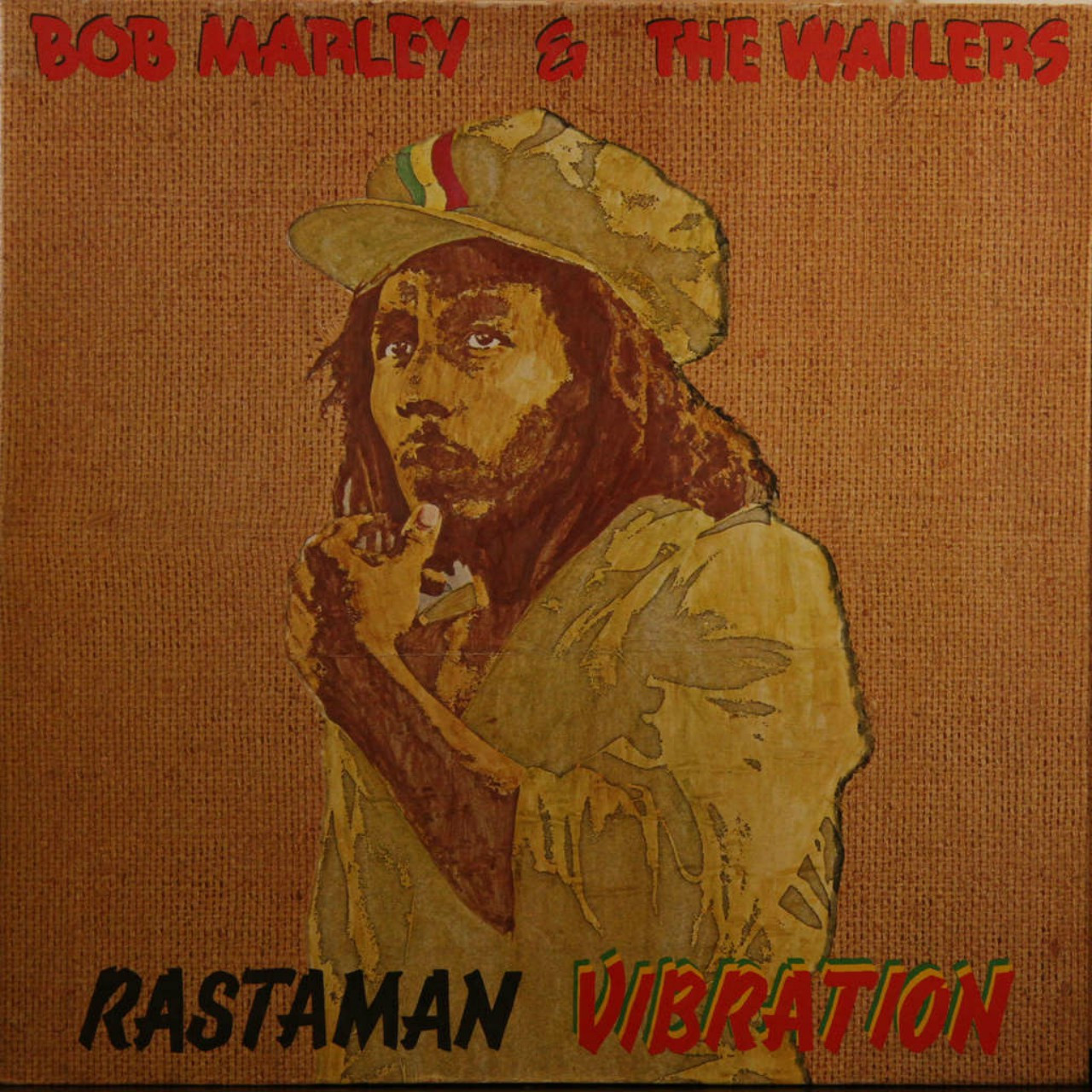



/cdn.vox-cdn.com/uploads/chorus_asset/file/10077163/francis_mallmann_facebook.jpg)






